Often, when people find that they need a structural engineer, they are at a loss because they may never have appointed one before and don’t know where to look, what to look for or what to ask when they think they have found one.
This is why we have put together our top five tips to answer these questions.
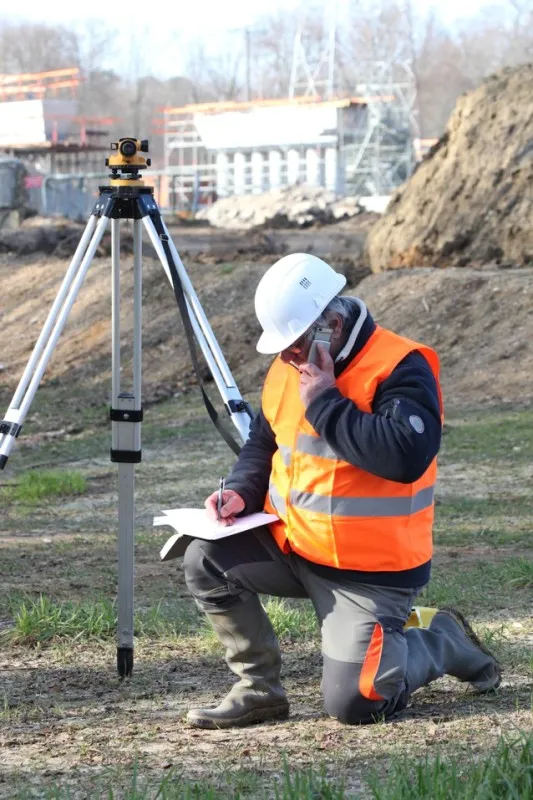
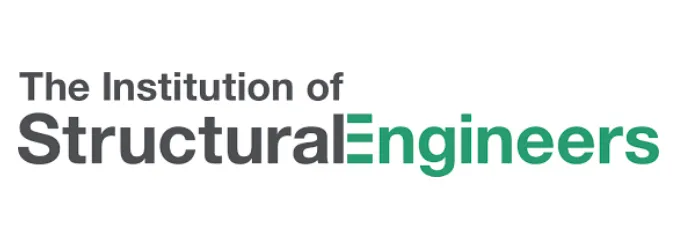
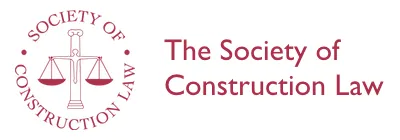
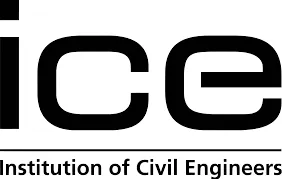
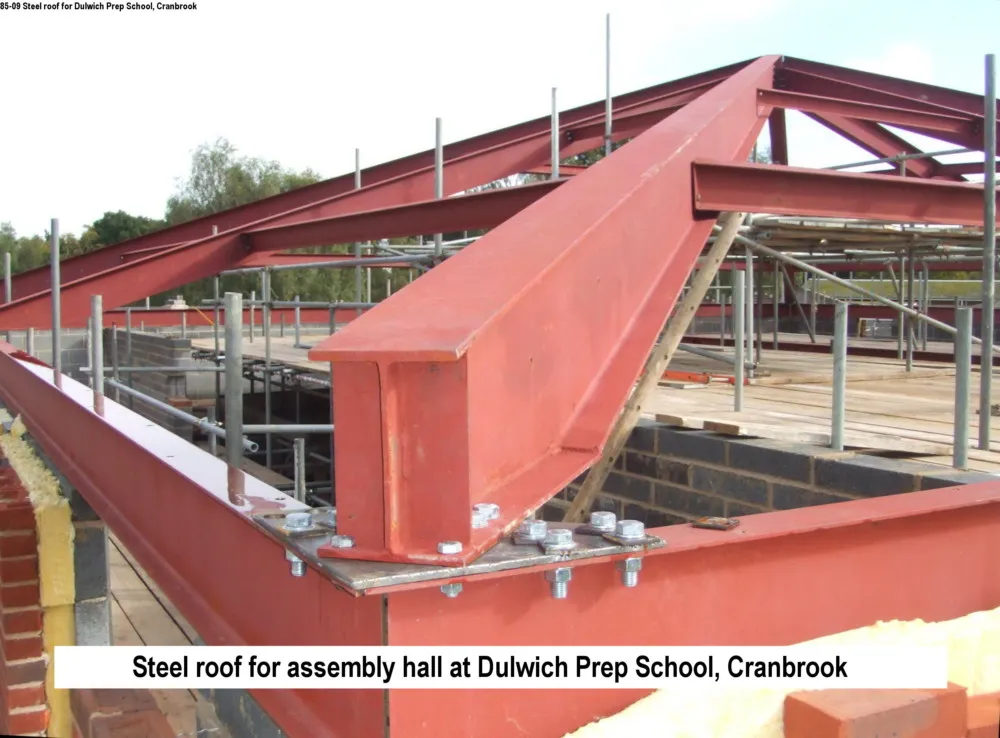
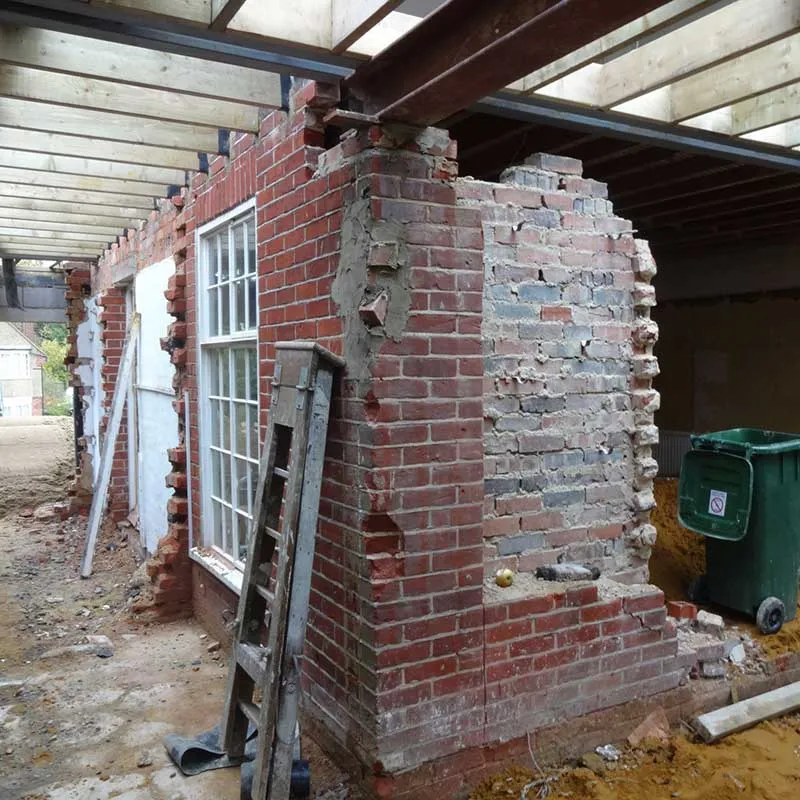
1. Look for recommendations from the right places
It is wise to go with a Structural Engineer who is recommended, either by friends and family who have had work done, or from a trusted industry directory. The Institute of Structural Engineers, (ISE) has a good search function on their website: visit findanengineer.com to find one of their affiliated Structural Engineers, all of whom have committed to following the Institute’s high standards.
You can also ask your Architect for a recommendation. Although Architects do not do the job of a Structural Engineer, most good Architects have a substantial amount of structural knowledge but they are not really qualified to give structural advice. Some architectural practices have engineers in-house but most will use independent companies. Conversely, most structural engineers have a basic knowledge of architectural matters but generally, members of both disciplines are needed for a typical building project.
Searching for where the company appears online may also reveal their reputation and past accolades, but also historical stories they may rather not advertise. There are plenty of trusted review platforms such as Trustpilot and Google Reviews, which will give you useful and honest reviews from past customers. You can read our reviews here.
2. Always look for a structural engineer with the proper qualifications
You should make sure your Structural Engineer is chartered with C.Eng. after their name, standing for Chartered Engineer, normally by being a member of either the Institution of Structural Engineers or the Institution of Civil Engineers. (either M.I.Struct.E. or M.I C.E.). These two disciplines overlap to a large extent and in most cases, either qualification will do. The former is more appropriate for very complex and “state of the art” structures whereas the latter is more appropriate where foundations and geotechnical matters are involved.
On the domestic scene, most mortgage companies and buildings insurers will accept either qualification. A Member of either institution automatically becomes Chartered. The ultimate qualification for a Structural Engineer is to become a Fellow, (F.I.Struct.E. or F.I C.E).
3. Look at their previous projects, references & testimonials
Most Structural Engineers will advertise past projects on their websites, so that is a good place to start. Look for projects at a similar scale to yours, and relevance to what you would be asking them to do. If they mainly showcase their larger commercial clients, and you are only looking for a steel beam for a wall you’re knocking through, there’s a chance they may over-charge you if they are trying to focus away from such small domestic jobs. You can view our past projects here.
4. Look for companies with a long & consistent track record
Most Structural Engineers have a degree and at least four years’ training, but a lot is learned in this industry through experience, which can be very important where your money and your family’s safety are concerned. For example, a Structural Engineer from a very young firm may not bother to visit the site if she / he thinks that the job sounds very simple, but a more experienced Structural Engineer will always ask to visit the site, because she / he knows that there may be something about the site visit that flags up additional issues like evidence of ground movement or the presence of wood rot. If you are employing a local firm, a site visit is absolutely not too much to expect – and demand.
Finally, be aware that whilst the firm may have been around for decades, the Structural Engineer you are assigned may not have a lot of experience, so scrutinise the specific Structural Engineer as well as the overall firm.
5. Finally, ask these following questions before hiring a Structural Engineer
Are you chartered?
(See point 2 above).
How do you calculate your fees and what extras might you need to include?
(Overall Structural Engineer costs vary a lot, which is a different blog topic in itself, but you should ask specifically about which additional Structural Engineer fees may not be included. These could be additional site visits, additional drawings and the final report itself, which you may need for your mortgage company, investor, insurer or HSE requirements).
Do you always do site surveys as standard?
(Also see point 4 above).
May I contact one or two past customers you have done work for, so I can ask them about their experiences?
(See point 3 above)
How long have you been established?
(See point 4 above)
What types of insurance do you hold?
(You should choose a firm who holds Professional Indemnity insurance. This means that if something goes wrong as a result of inadequacies or mistakes in their work and you lose money as a result, you will be covered by their insurance. You can also ask what their cover amount is, and importantly, whether they have ever had a claim)
Do you hire any women?
(This one may surprise you, but Structural Engineering has traditionally been a very male-dominated industry, and with a growing drive to help more women enter STEM industries, (Science, Technology, Engineering and Mathematics), it’s widely believed that more and more customers now prefer to work with companies who are demonstrating support for that drive).
Where are you based?
(You may choose to hire a local Structural Engineer so you are not paying high travel expenses)

Abbott Holliday Partnership is a team of highly experienced and Chartered Structural Engineers spread out over London and the South-East, providing a local service with local knowledge. As well as being Chartered, our engineers also hold M.I.Struct.E., M.I.C.E., F.I.Struct.E, F.I.C.E., and M.I.H.T qualifications. The firm offers services in structural design and analysis; surveys, inspections and reports and expert witness in litigation.
The practice is backed by £2M professional indemnity cover and in 35 years of trading, we have not had a single claim. Please contact us to find a structural engineer or civil engineer in your area, or to have an initial discussion about your requirements.
Related
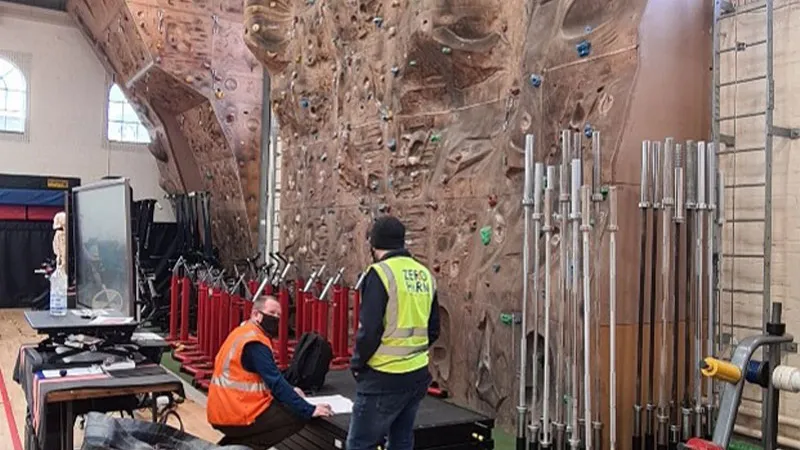
What Will a Structural Engineer Tell Me?
30 Oct 2024
A structural engineer will provide you with expert insights tailored to the specific structural concerns you raise. Unlike an architect or building surveyor, a structura...
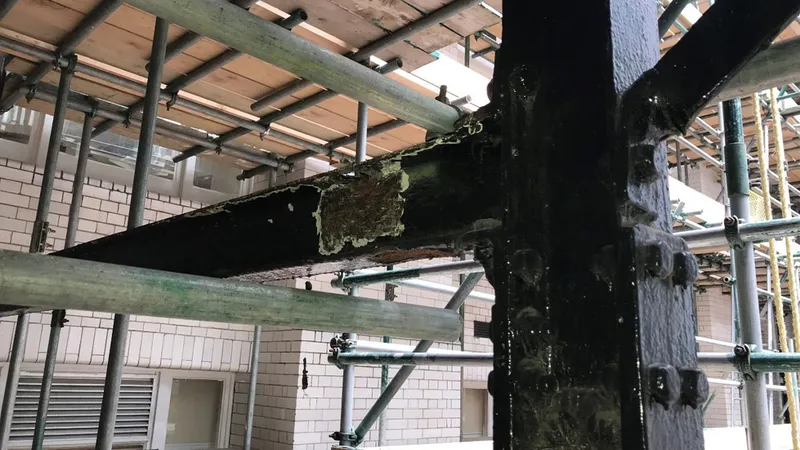
Should a Structural Engineer Do a Site Visit?
30 Oct 2024
Understanding the Importance of Different Types of Structural Surveys and Inspections Common Types of Structural Inspections Why a Structural Engineer’s Site Vis...

Expert Steel Structure Inspection and Maintenance Services
25 Jun 2024
We specialise in the inspection of steel structures to assist you with maintenance, safety, and compliance. We all rely on steel structures to play a reliable rol...